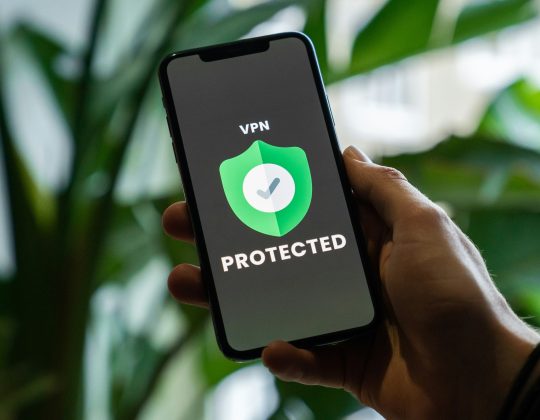If you’ve ever tried to watch a show on Netflix, Hulu, or another streaming platform while abroad or even from your home country, you may have come across the frustrating message: “Content unavailable in your location.” This limitation arises due to licensing agreements and regional restrictions that dictate where content can be legally distributed. Fortunately, there are ways to work around these digital roadblocks and gain access to your favorite shows and movies no matter where you are.
Why Does Geolocation Restriction Exist?
Streaming services like Netflix, Hulu, Disney+, and Amazon Prime have to comply with copyright laws and distribution rights. These companies often acquire content from studios or networks that license their shows and films for specific countries. As a result, the availability of titles can vary dramatically between regions.
For example, a show available on Netflix in the United States might not be accessible for users in Canada or the UK due to these regional licensing agreements. This disparity also applies to Hulu, which is currently only available within the U.S.

How Streaming Platforms Detect Your Location
Most streaming services use your device’s IP address to identify your geographical location. An IP address functions like a digital ID for your internet connection, revealing your country, city, and even your zip code in some cases. This is how platforms determine whether you’re allowed to view a specific piece of content.
Solutions to Bypass Regional Restrictions
Fortunately, there are tools and strategies to overcome location-based blocks. Here are some of the most effective methods:
- Using a VPN (Virtual Private Network): A VPN allows you to change your IP address by routing your connection through a server in another country. This makes it appear as though you’re accessing the internet from that location. High-quality VPNs often come with servers customized for streaming, enabling access to content libraries from different regions.
- DNS Proxy Services: Unlike VPNs, smart DNS services reroute only part of your internet traffic. While they don’t offer the encryption benefits of VPNs, they are often faster and equally effective for bypassing location restrictions.
- Browser Extensions: Some web browser extensions claim to offer free or easy IP masking capabilities. However, these are often less reliable and can pose privacy risks.
Important Considerations When Using a VPN
While VPNs are incredibly useful, consider the following aspects before you choose one:
- Speed: Streaming requires high bandwidth; select a VPN known for fast server speeds.
- Compatibility: Some VPNs are blocked by streaming platforms. Opt for one that’s specifically designed for Netflix or Hulu access.
- Server Locations: Make sure the VPN offers plenty of server options in countries whose content you want to access.
- Privacy and Terms of Use: Ensure that your selected VPN provider doesn’t log your data and complies with strong privacy policies.

Is It Legal to Use a VPN for Streaming?
Using a VPN in itself is legal in most countries. However, platforms like Netflix and Hulu frown upon using VPNs to access restricted content and outline these rules in their terms of service. While your account may not be suspended outright, your connection may be temporarily blocked or you could receive error messages until the VPN is disconnected.
When It Might Not Work
It’s worth noting that not all VPNs are foolproof. Streaming platforms are continuously updating their systems to detect and block VPN traffic. Free or low-quality VPNs often fail to bypass strong geoblocks. Additionally, some platforms use GPS data from your devices, complicating the process further.
Conclusion
The “Content unavailable in your location” message doesn’t have to be a dead end. With the right tools and a bit of technical knowledge, you can regain access to your favorite content on Netflix, Hulu, and other platforms. Whether through VPNs or smart DNS, the key lies in choosing quality, secure, and reliable solutions tailored for streaming success.
FAQ: Accessing Geo-Restricted Streaming Content
- Q: Can I use free VPNs to access Netflix from another country?
A: While some free VPNs may work temporarily, most are unreliable and can compromise your data. It’s recommended to use a premium, verified VPN service. - Q: Will using a VPN slow down my internet speed?
A: VPNs may reduce speed due to encryption overhead, but high-quality VPNs with fast servers minimize this impact. - Q: Is it legal to use VPNs for streaming?
A: In most countries, yes. However, it may violate the platform’s terms of service. - Q: What is the best VPN for streaming Netflix or Hulu?
A: VPNs like NordVPN, ExpressVPN, and Surfshark are highly rated for consistently unlocking streaming services. - Q: Can I bypass restrictions on mobile devices?
A: Yes, most top VPNs offer mobile apps compatible with iOS and Android platforms.







